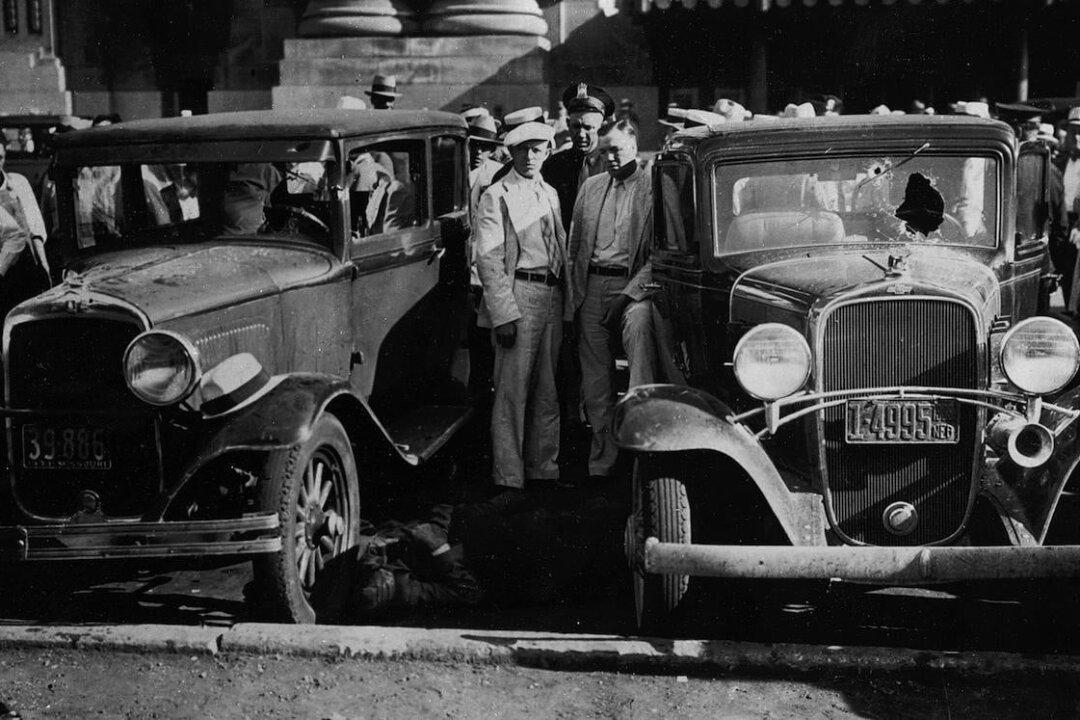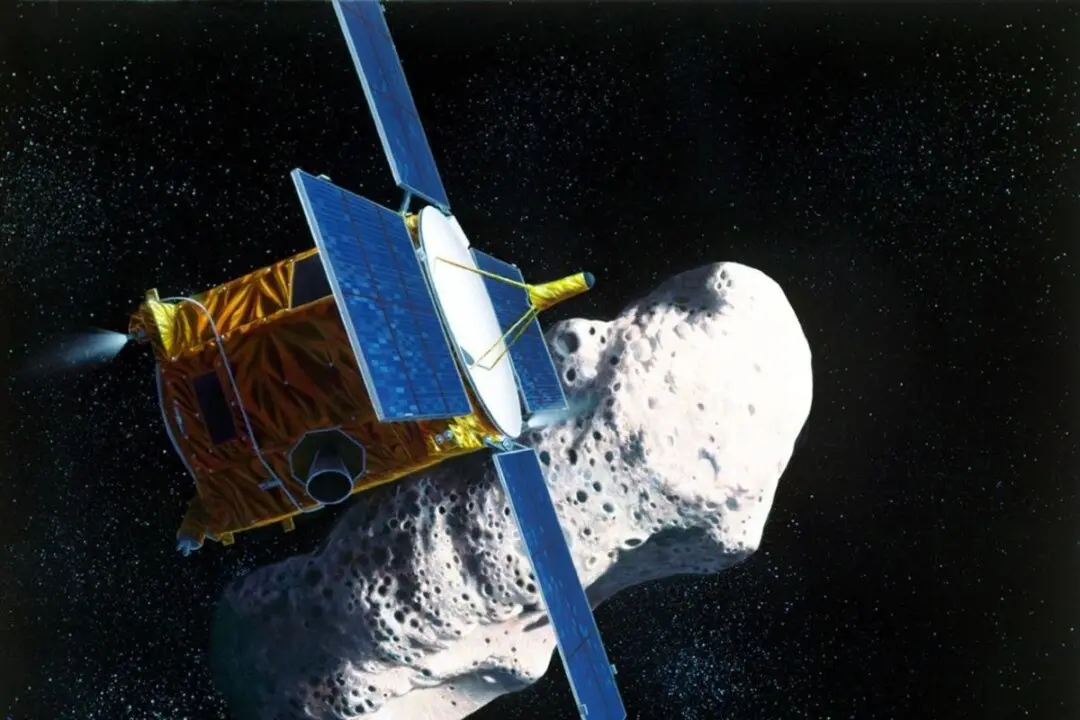During the years of World War I, America experienced an economic boom. The farming industry of the Midwest and the South benefited from the agricultural demands. The war economy lowered the pre-war unemployment rate from 7.9 percent to 1.4 percent. Then, the war ended.
America experienced a brief recession from August 1918 to March 1919, and then a longer and more severe recession between January 1920 to July 1921. With the election of Warren G. Harding, the American economy experienced a rebound, resulting in the Roaring ‘20s. The decade was defined by decadence, speakeasies, and crime—all set to the tune of jazz. The era seemingly resulted less from the economic recovery and more from the 18th Amendment—the ill-conceived notion to prohibit the manufacture, transport, and sale of alcohol.






